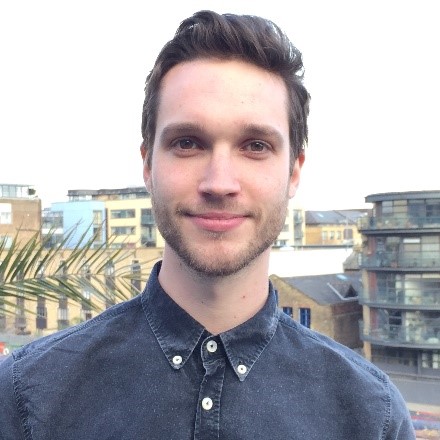
Kolejny Nature Masterclasses Webinar już 21 stycznia!
Nature Masterclasses zaprasza wszystkich zainteresowanych na pierwszy w 2025 roku webinar pn. Mastering your manuscript revisions: Insights from Nature Portfolio Editors. Wydarzenie odbędzie się w dwóch terminach: 21 stycznia o godz. 8.00 oraz 28 stycznia o godz. 16.00.
Jak przeanalizować opinie recenzentów i redaktorów, aby poprawić swój tekst?
Jak przeredagować manuskrypt na podstawie komentarzy recenzentów?
Jak napisać świetny list odpierający krytykę recenzentów?
Publishing a scientific paper is an essential stage in the research process. By submitting your paper to a scholarly journal, you will gain feedback from peers that improves and validates your research, ensuring other researchers trust your findings.
However, over half of researchers struggle when it comes to navigating the editorial process and particularly when analysing and implementing peer review feedback.
At Nature Masterclasses, we understand these challenges. To provide support, we have recently revamped our flagship course, Publishing a Research Paper: 2nd Edition, which provides widely applicable best practices and strategies to help researchers progress towards smooth and seamless publication at a scholarly journal.
In this corresponding webinar, join Nature Portfolio Editors, Davide Esposito, Chief Editor of Nature Catalysis, and Bryden Le Bailly, Senior Editor at Nature as they discuss how to effectively make changes to your manuscript after peer review.
During this webinar, they will answer your questions and share practical advice to help you:
- Break down complex feedback into manageable, actionable steps
- Refine your manuscript for greater clarity, coherence, and alignment with journal requirements
- Overcome common challenges when addressing reviewer and editorial comments.
Biogramy ekspertów biorących udział w webinarium

Davide became an editor of Nature Catalysis in 2017, handling a variety of topics across the field of heterogeneous catalysis. Before joining Nature Research, he worked as principal investigator at the Max Planck Institute of Colloids and Interfaces, leading a group specialising in the development of new catalytic methods for biomass upgrade and sustainable chemistry. Davide was awarded the title of Doctor of Science from the ETH Zürich in 2012, where he received training in organic and carbohydrate chemistry. He became Chief Editor of Nature Catalysis in 2020.

Bryden is a Senior Editor at Nature magazine, handling chemistry and biology publications manuscripts, looking specifically at research in the areas of chemical biology, ion channel biology, GPCRs and origin of life biochemistry. Bryden completed a MSci in Chemistry at the University of Bristol, followed by a PhD in Organic Chemistry at the University of Manchester in which he looked at signalling with synthetic systems in membranes.
| Czas | Link rejestracyjny |
| Wtorek, 21 stycznia 2025, 8:00-9:00 | https://events.zoom.us/ev/Algdz4I8cWpemGNHtlXiABPsy-AAAlaiymIUmPSa_NltLF1sDMF8~ApyMuEHVcW6qz6qeJVdO0BlYjgiG7W_i7cSWjfOvk9jR1PvublutYR9qhw |
| Wtorek, 28 stycznia 2025, 9:00-10:00 | https://events.zoom.us/e/view/preview/lca6ixBdRvC2ccGfeP9BBg |
Data publikacji: 17.01.2024 r.
Dodane przez: E.K.



